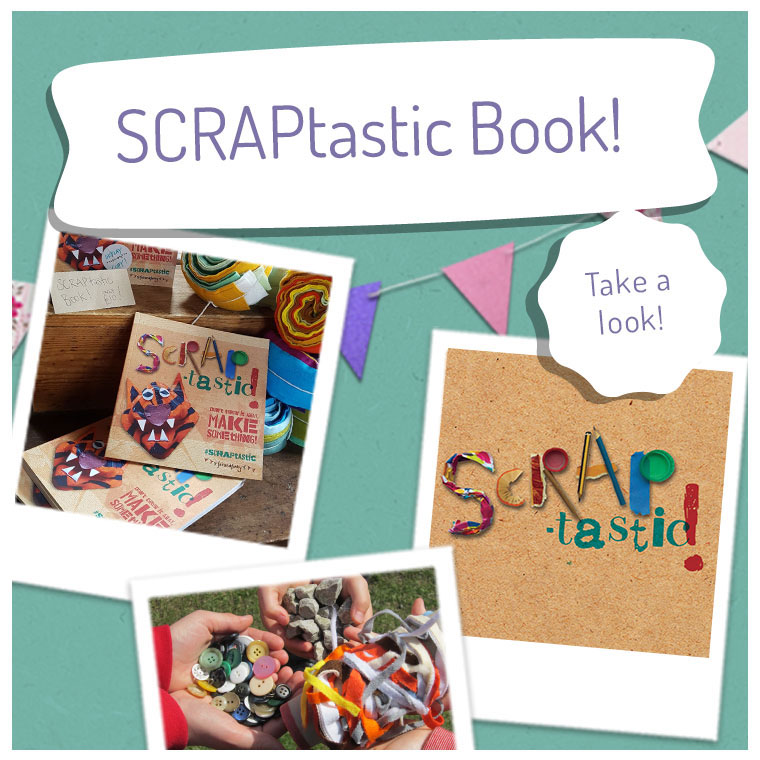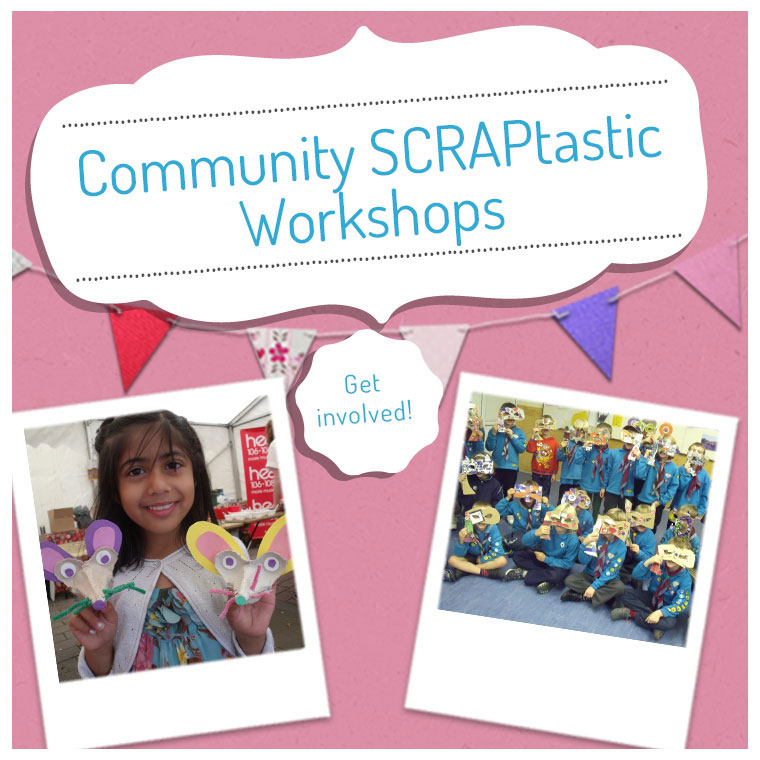











We asked “How do you Go Further for Fairtrade and Change The World?” This is Damian Blackburn’s (from Grumpy Mule) answer:
The UK coffee scene is strong, filled with high street brands, unique independent cafes and roasters and a growing consumer interest in where the coffee they drink actually comes from. But the question remains, are both producers and consumers benefitting from the growth of the overall coffee market and the further inroads of Fairtrade coffee?
As a family run coffee roaster based in Holmfirth, West Yorkshire, we’re deeply involved in the coffee supply chain and have a wider perspective on how the coffee market operates.
The relationship between producer, exporter, roaster and consumer is highly complex and influenced by a wide range of external factors. Around 70% of all the coffee we source, roast and supply is Fairtrade certified, produced by small-holder farmers that are represented by co-ops in Latin America, East Africa and Indonesia. The rest, we would still describe as fairly traded, as we pay above market prices to the farmers for high quality, specialty coffee.
During Fairtrade Fortnight we will be meeting 8 coffee producers in Panama to buy coffee directly from the harvest, and we expect to be paying at least double what the market price for Arabica coffee currently stands at. This type of relationship is great for us we get really tasty coffee to sell to our customers with a unique story and we can also guarantee an ethical buying policy and that we’ve checked out the conditions on the farm – the latter is vital from an environmental perspective and for the workers who are relied upon to carry out much of the work.
In return, the farmer is happy as they are selling their crop at a price that enables them to make a profit and that they have a market for their coffee. Many of these producers focus on high quality production and investment in the farms (husbandry, equipment, paying more to and educating their coffee pickers), developing their reputation and ensuring that they have more demand for the coffee than supply.
With our Fairtrade certified coffees, we still like to visit the co-ops supplying us and to develop long term relationships. We always try to find the best examples of Fairtrade coffee- higher altitude, better quality grades – and pay the premiums over the market but we remain limited to an extent by the price our customers are willing to pay. It seems an oxymoron when home or businesses customers are shopping around for the cheapest Fairtrade coffee (yes, it does happen) and limits our ability to help re-invest more at origin.
It is important to highlight that many producers are not in the position of the quality driven farmers. The list of threats to a small-holder producer is ever-growing, and the key issues are: rising production costs; climate change; lower market prices (in 2013 they are much reduced from 2012); crop disease; consumers with less money in their pockets; strong internal currencies; a lack of investment and declining coffee quality.
This weeks’ news talks about farmers rioting in parts of Colombia, the world’s fourth largest producer. We visited the Antioquia region last year, to establish a direct relationship with two family farms but in this very region farmers are in crisis as the cost of production reaches parity with the selling price, the high local currency reduces the value of exports and they suffer from reduced crops brought about by leaf rust, a fungus that kills the tree and coffee production (in turn driven by unexpectedly wet weather.) Climate change will become an increasingly important factor- coffee farmers rely on clear dry and wet seasons to coffee production and anything that upsets the balance will damage the harvest.
Disappointing, a lot of Fairtrade certified coffee can still have a long supply chain which still takes direct power away from the producer. But let’s not forget to be positive in all of this – coffee remains one of the UK’s favourite drinks and by changing customer perceptions, we are taking a further step towards the fairer treatment of coffee producers. Roasters, baristas, coffee businesses and coffee drinkers can all play a part in this!
Here’s what needs to be done: